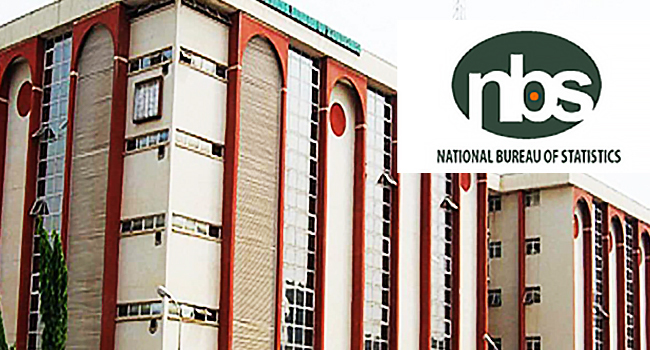The National Bureau of Statistics (NBS) has reported a staggering 137% increase in the price of locally produced rice over the past year. The sharp rise, attributed to various economic and supply chain factors, has added to the financial burden of many Nigerian households, where rice is a staple food.
Drivers of the Price Hike
Several key factors have contributed to the unprecedented surge in local rice prices:
- Production Challenges: Flooding, poor infrastructure, and insecurity in major rice-producing regions have disrupted farming activities and reduced output.
- Inflation: Rising inflation rates have impacted the cost of agricultural inputs, such as fertilizers and machinery, driving up production costs.
- Exchange Rate Pressures: Depreciation of the naira has affected the import of essential farming equipment, indirectly impacting local rice production.
- Supply Chain Disruptions: High transportation costs and inadequate storage facilities have further inflated prices.
Consumer Impact
The price increase has significantly affected low- and middle-income families, many of whom rely on rice as a dietary staple. A 50kg bag of rice now costs nearly twice its price from the previous year, forcing many households to seek alternative food options.
“The cost of feeding a family has become unbearable,” lamented Chukwuma Eze, a trader in Lagos. “We need urgent intervention to stabilize food prices.”

Industry Perspective
The price surge highlights underlying issues in Nigeria’s agricultural sector. Experts argue that more investment in modern farming techniques, irrigation systems, and farmer training could boost local rice production and reduce dependency on imports.
Agricultural economist Dr. Fatima Yusuf noted, “This situation underscores the need for sustainable policies that address production bottlenecks and encourage local farming.”
Government Intervention
The Federal Government has reiterated its commitment to addressing the challenges facing rice farmers. Initiatives such as the Anchor Borrowers’ Programme and efforts to reduce insecurity in farming communities are expected to mitigate production issues. However, analysts stress the need for immediate action to curb price inflation and stabilize the market.
Long-Term Solutions
To address recurring price hikes, stakeholders are advocating for:
- Increased investment in mechanized farming.
- Development of local rice mills to enhance processing capacity.
- Strengthened policies to support smallholder farmers.
- Improvements in transportation and storage infrastructure.
Conclusion
The 137% surge in local rice prices serves as a wake-up call for Nigeria to prioritize agricultural reforms and tackle the systemic challenges in the sector. While government initiatives are a step in the right direction, sustained efforts will be crucial to ensure food affordability and security for all Nigerians.
Support InfoStride News' Credible Journalism: Only credible journalism can guarantee a fair, accountable and transparent society, including democracy and government. It involves a lot of efforts and money. We need your support. Click here to Donate
